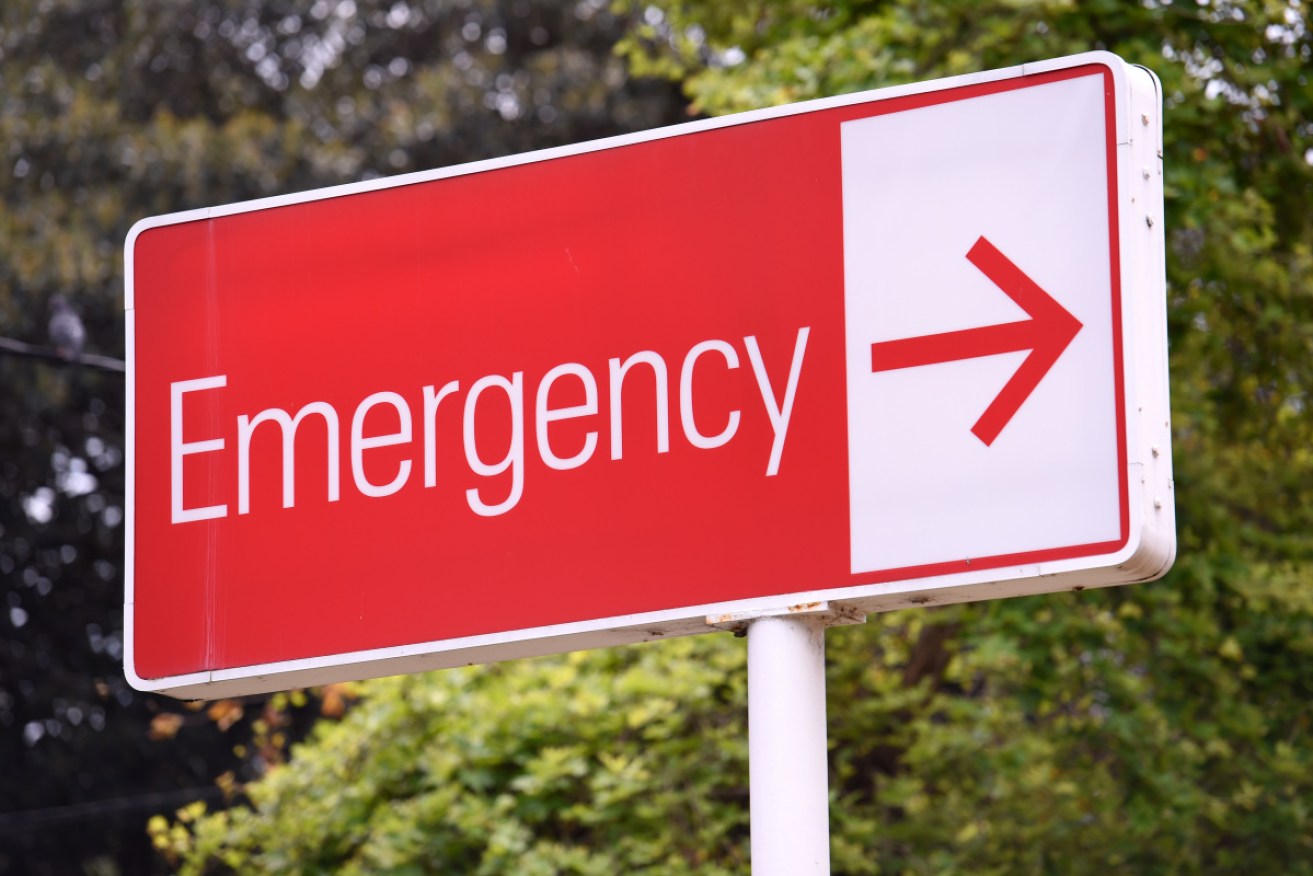West Australian hospitals on red alert as virus spreads

With daily cases running at around 5000, Western Australia's health system will likely see that figure double. Photo: AAP
West Australian hospitals will perform fewer elective surgeries and further restrict visits as the health system moves to “red alert”, reflecting widespread COVID-19 transmission.
The decision comes as WA prepares to reopen its borders on Thursday and the number of active cases climbs to almost 6000.
Healthcare workers across all clinical areas will be required to wear N95 face masks, while there will be greater use of telehealth for outpatient services.
Fewer category two and three elective surgeries will be performed at both public and some larger private hospitals across the next month and there will be greater use of rapid antigen tests for all patients attending a hospital.
Public hospital visits will be restricted to approved essential visitors, although exemptions may be granted on compassionate grounds or for children, maternity patients and those with a disability.
Chief Health Officer Andy Robertson acknowledged the changes would be upsetting for some patients.
“The WA health system thanks all staff, patients and visitors for their ongoing support of WA’s hospital system to manage our COVID-19 response, in what is recognised as a very challenging time,” Dr Robertson said on Wednesday.
Hospitals were placed on amber alert last month amid growing Omicron cases. The only remaining level is black alert, indicating the system is at capacity.
Rehabilitation centre Shalom House meanwhile revealed it had entered lockdown after 74 positive cases were detected at the Swan Valley facility.
In a Facebook post, the centre indicated none of its cases was severely unwell.
Almost two-thirds of eligible West Australians have now received their third vaccine dose but the number is below 30 per cent for Indigenous people in regional areas.
Health staff will be flown into the Kimberley, Pilbara, Midwest and Goldfields over the next six weeks to bolster a vaccination drive in those regions.
– AAP








